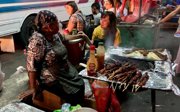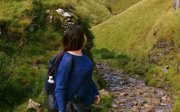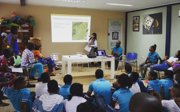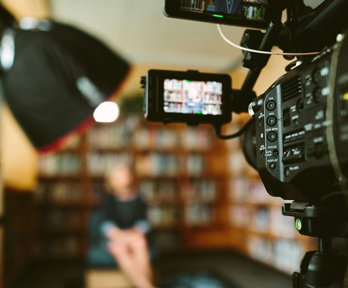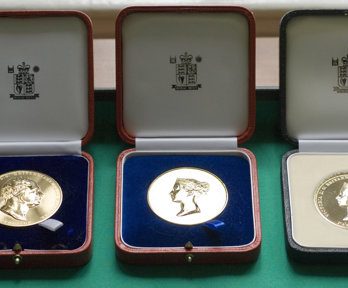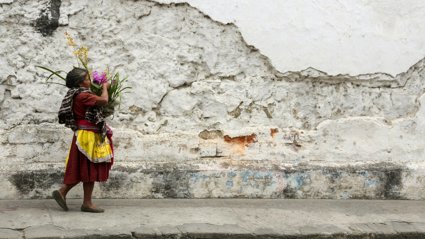
Q&A with Dr Ana Laura Zavala Guillen
Read our interview with 2024 Area Prize recipient, Dr Ana Laura Zavala Guillen.
I have had the honour and responsibility of being trusted with the unspoken.Dr Ana Laura Zavala Guillen
What role do you do now and how would you describe your work?
"I am a British Academy Postdoctoral Fellow. I am passionate about exploring emancipatory possibilities in historical geography by bridging the archive and oral histories of racialised communities through co-participatory research.
"I am also the co-founder of the Network of Women Doing Fieldwork, advocating for culture change in fieldwork practice from an inclusive perspective, raising debates about gender-based violence, emotions and embodiment, and caring responsibilities."
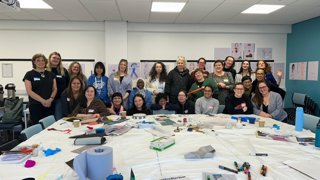
How did you get into this field of work?
"I became a human geographer after practising in transitional justice as a human rights lawyer for eight years.
"In 2013, I worked as a consultant with and for women who were victims of sexual violence in the context of the armed conflict in Colombia. Many of them were rural women coming from Black communities who faced repeated uprooting and displacement.
"Understanding mobilities, land dispossession, and community resistance was key to facilitating reparation after violence as an ally. Pursuing a PhD in human geography was the way forward."
What has been the highlight of your career, regardless of how big or small, so far?
"In my career, I have had the privilege of visiting communities worldwide and learning about their personal and collective histories of resistance to oppression. I have had the honour and responsibility of being trusted with the unspoken.
"Coming from the global South and [having been] born during a military dictatorship, I could relate to their experiences in many ways, no matter how distant from home I was: these struggles were always interconnected in solidarity and affection."
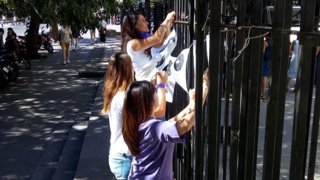
What projects are you working on right now?
"Two of the projects I am currently working on are:
- As part of my postdoctoral fellowship, Blackness in Resistance: Territory and Regime Violence in Uruguay, I am working with Black feminist artists in the co-analysis of the colonial archive to produce a new understanding of mobilities and spatial resistance in this country; and
- I am part of the Colectiva Feeling the Field where we explore emotions and embodiment in data production through the creation of fieldwork archives, intimate collections that reflect on the experience of being women in the field."
What three words would you use to describe your life and work?
Resilience, collective, change.
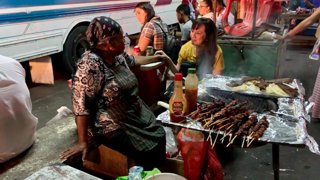
Stay informed
We regularly host exhibitions as well as in-person and online events, including our Monday night lectures (members only) and regional events.
Would you like to stay up to date about our upcoming events and news? Log in, or create an account, and sign up for our newsletter.
